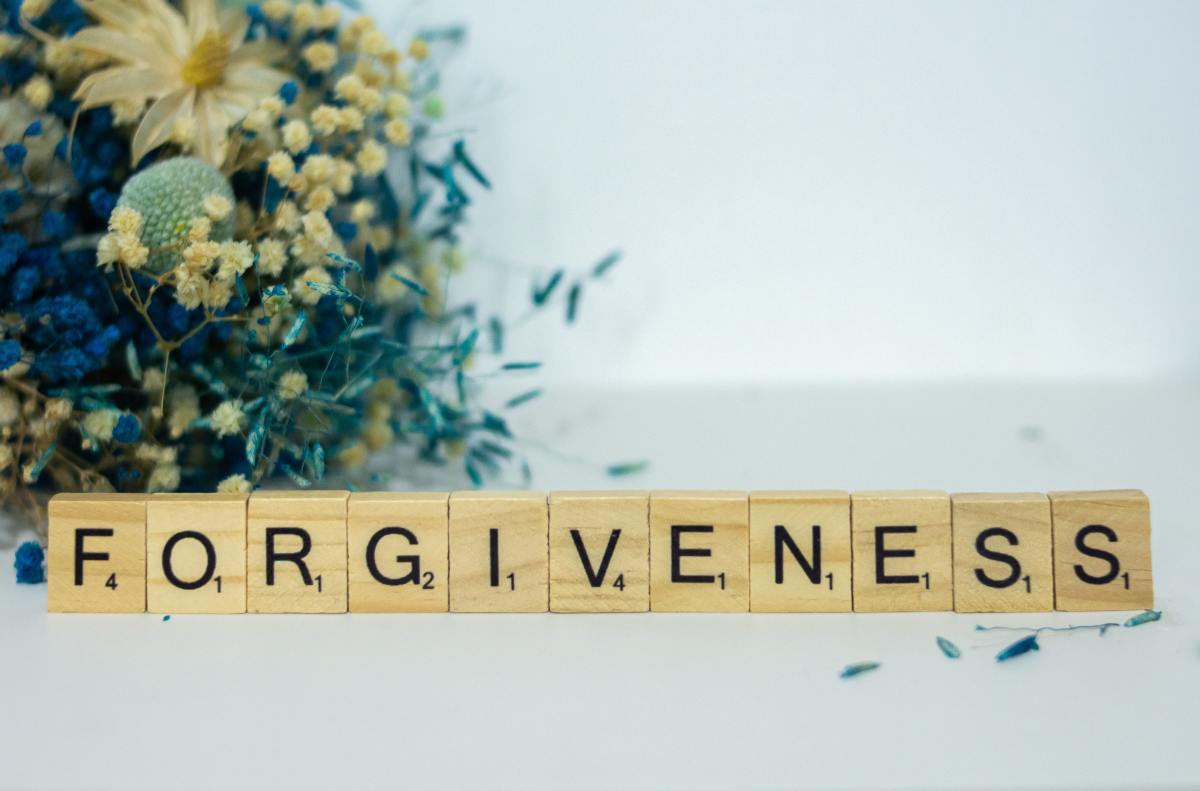Steps to Forgive: How to Heal Old Wounds and Restore Inner Peace
Steps to Forgive: How to Heal Old Wounds and Restore Inner Peace
Blog Article
Comprehending the Importance of Mercy in Healing Relationships
Mercy is typically seen as a straightforward act of releasing, yet its significance in recovery relationships prolongs far beyond plain absolution. It acts as a vital device for emotional launch, allowing people to navigate the complexities of discomfort and bitterness. Understanding the nuanced differences in between forgiveness and settlement can light up the course toward much healthier communications. As we check out the complex benefits of forgiveness, one need to consider how these principles can change not only personal connections but likewise the more comprehensive social fabric. What stays to be revealed is the profound effect mercy can carry individual development and public harmony - The importance of forgiveness.
The Definition of Mercy
Although mercy is usually viewed as an easy act of letting go, its definition includes a complex interaction of psychological and emotional processes. At its core, forgiveness is the conscious decision to release feelings of bitterness or vengeance toward a private or team that has actually created harm. This process is not merely about absolving the culprit; rather, it involves a profound psychological makeover that can bring about individual development and recovery.
Forgiveness is diverse, usually characterized by a person's interior battle to integrate their discomfort with the need for tranquility. It needs identifying the wrongs committed, processing the linked emotions, and eventually choosing to progress without the worry of displeasure. This option commonly involves a cognitive shift, where one reframes their understanding of the disobedience and the wrongdoer, permitting for compassion and recognizing to emerge.
Importantly, mercy does not suggest excusing the behavior or forgetting the offense; it is a purposeful act that focuses on emotional well-being. By specifying mercy in this fashion, we can appreciate its duty in helping with much healthier connections and fostering emotional resilience, setting the phase for much deeper exploration right into its advantages.
Emotional Advantages of Forgiveness
Forgiveness supplies substantial psychological benefits that can profoundly influence a person's mental wellness and general well-being. When an individual chooses to forgive, they actively launch feelings of resentment, resentment, and temper, which can or else create a hefty psychological problem. This release often results in a reduction in stress and anxiety, promoting a feeling of peace and psychological security.
Additionally, forgiveness fosters an enhanced ability for compassion and compassion. By comprehending the viewpoint of the transgressor, individuals can cultivate a deeper emotional durability, which improves their capacity to deal with future challenges. This process not only enhances psychological law but also adds to an extra positive overview on life.
Furthermore, flexible others can enhance one's self-esteem and self-regard. It allows people to redeem their personal power, damaging without the unfavorable cycles of victimhood - The importance of forgiveness. This newly found empowerment can result in much healthier emotional feedbacks and more powerful interpersonal partnerships
Mercy vs. Settlement
The difference between mercy and settlement is important in understanding the characteristics of recovery relationships. Mercy is an internal procedure where an individual chooses to allow go of animosity and adverse feelings towards someone that has actually triggered damage. It is mainly a personal journey, concentrated on emotional launch and self-healing, permitting one to progress without lugging the problem of past grievances.
In comparison, settlement involves restoring and restoring the relationship to a state of trust and shared respect. This procedure usually calls for open communication, energetic participation from both celebrations, and a dedication to attending to the underlying problems that brought about the problem. While mercy can happen individually, reconciliation requires the willingness of both people to engage in dialogue and pursue a shared understanding.
It is very important to note that mercy does not constantly result in settlement. A person may forgive one more without deciding to restore the connection, specifically if count on has actually been irrevocably harmed or if the relationship is considered harmful. Comprehending this distinction permits individuals to navigate their emotions properly and make informed decisions regarding their partnerships.
Actions to Cultivate Forgiveness
Cultivating mercy is a purposeful process that entails numerous key steps targeted at promoting emotional healing. The primary step is recognizing the discomfort triggered by the offense. Acknowledging one's feelings is necessary, as it permits people to refine their feelings truly.
Following, assessing the case and recognizing its influence can give quality. This representation should include examining the motivations behind the offender's activities and identifying that everyone is fallible.
The third step involves making a mindful decision to forgive. This decision is essential, as it symbolizes a determination to allow go of animosity and move on.
Consequently, sharing sensations in a useful manner can be valuable - The importance of forgiveness. Whether via journaling, chatting with a trusted pal, or seeking treatment, expression of emotions can aid in the mercy trip
Real-Life Examples of Mercy

In one more instance, a dense team of buddies dealt with a considerable break after one member unintentionally shared a private trick. Rather than harboring bitterness, the influenced pal chose to forgive, understanding the relevance of valuing the friendship over the mistake. This decision urged open discussion and inevitably reinforced their link.

Conclusion
In verdict, forgiveness plays an essential role in the recovery of relationships by assisting in the release of adverse emotions and promoting compassion. By comparing forgiveness and settlement, individuals can participate in a constructive procedure that boosts emotional health. Executing actions to cultivate mercy can lead to transformative results, reinforcing links and advertising a helpful environment. Ultimately, the method of forgiveness serves as a catalyst for individual development and the nurturing of much healthier interpersonal dynamics.

Report this page